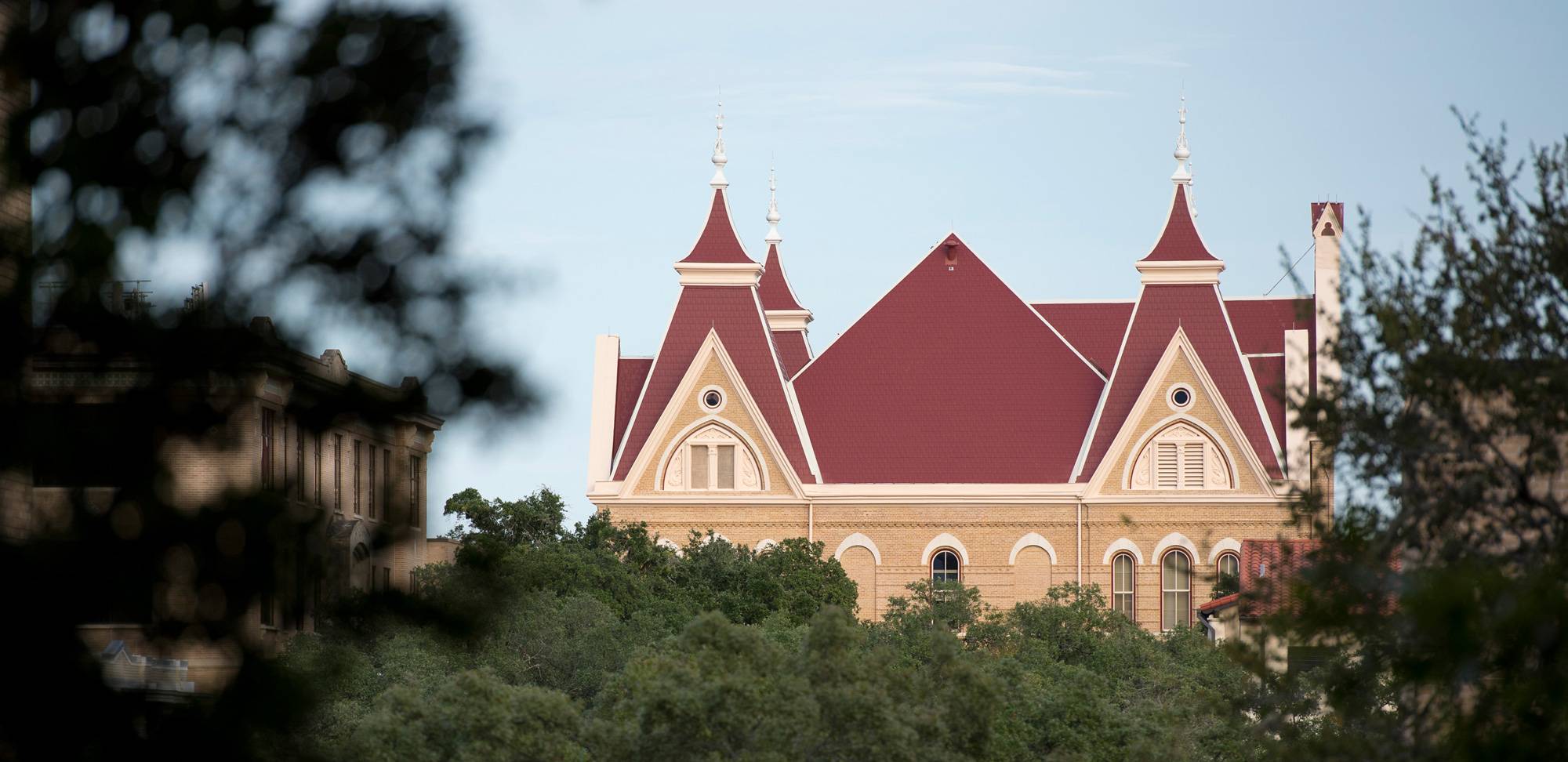Co-Chairs
Drs. Alejandra Sorto, Peter Golato, and Dr. Erina Duganne serve as co-chairs of Texas State's Quality Enhancement Plan.
Dr. M. Alejandra Sorto
Dr. Sorto (PhD, Michigan State University, 2004) is a Professor of Mathematics Education. Her research focuses on the preparation of teachers in the area of Statistics, the impact of professional development, and comparative studies in Latin-America and Africa. In particular, she is interested in developing instruments to measure content knowledge for teaching, teaching quality and analyzing its effect on student achievement. She has worked with governments of Chile, Peru, Dominican Republic, Honduras, Guatemala, and Brazil to help improve the preparation of teachers in mathematics and develop educational standards. In 2011, the National Science Foundation (NSF) awarded her a CAREER research grant to investigate the Mathematics instruction of English language learners in the state of Texas.
Dr. Peter S. Golato
Peter Golato (PhD, UT-Austin) is a professor of French whose research lies within the fields of conversation analysis and psycholinguistics. Golato's work has featured both laboratory-based word- and sentence-processing experiments, and the analysis of naturally-occurring talk deployed during everyday interaction. In addition to his research, Golato is a co-author of an introductory-level French textbook. He has also directed or served on the thesis and dissertation committees of numerous undergraduate, masters, and doctoral students.
Dr. Erina Duganne
Erina Duganne is Associate Professor and Area Coordinator of Art History. She is also a member of Borderland Collective. Duganne teaches courses in the history of photography, American art, and art criticism and writing. She is the author of The Self in Black and White: Race and Subjectivity in Postwar American Photography (University Press of New England, 2010) and a co-editor of Beautiful Suffering: Photography and the Traffic in Pain (University of Chicago Press, 2007). She worked on this project as a Mellon Post-Doctoral Fellow in the History of Photography at Williams College. Duganne’s research has focused on three interrelated aspects: art and visual culture of the post-World War II period, transnational art and activism since the 1980s, and race and its representation. She is presently at work on a monograph titled Visual Solidarities: Inter-American Art and Activism at the End of the Global Cold War that turns to the 1984 ad hoc organization Artists Call Against U.S. Intervention in Central America to explore transnational visual practices, or what she calls visual solidarities. In addition, her essay, "The Nicaragua Media Project and the Limits of Postmodernism" appears in the March 2018 issue of The Art Bulletin and, in September 2017, she co-edited with Heather Diack a special issue of the journal Photographies titled “Beyond the Pictures Generation” that reassesses critical models for 1980s photography by addressing international human rights conflicts for which Cold War realities were paramount and art world ambivalence was not a viable option. Duganne’s writings have also appeared in Photography & Culture, The Mirror of Race, English Language Notes, History of Photography, and Visual Resources, as well as in such anthologies as Crossroads in American Studies: Transnational and Biocultural Encounters (Winter, 2016), Getting the Picture: The History and Visual Culture of the News (Bloomsbury, 2015), Visual Research Methods: Image, Society, and Representation (Sage, 2007), and New Thoughts on the Black Arts Movement (Rutgers University Press, 2006). For further information about Erina Duganne’s work, click here.
